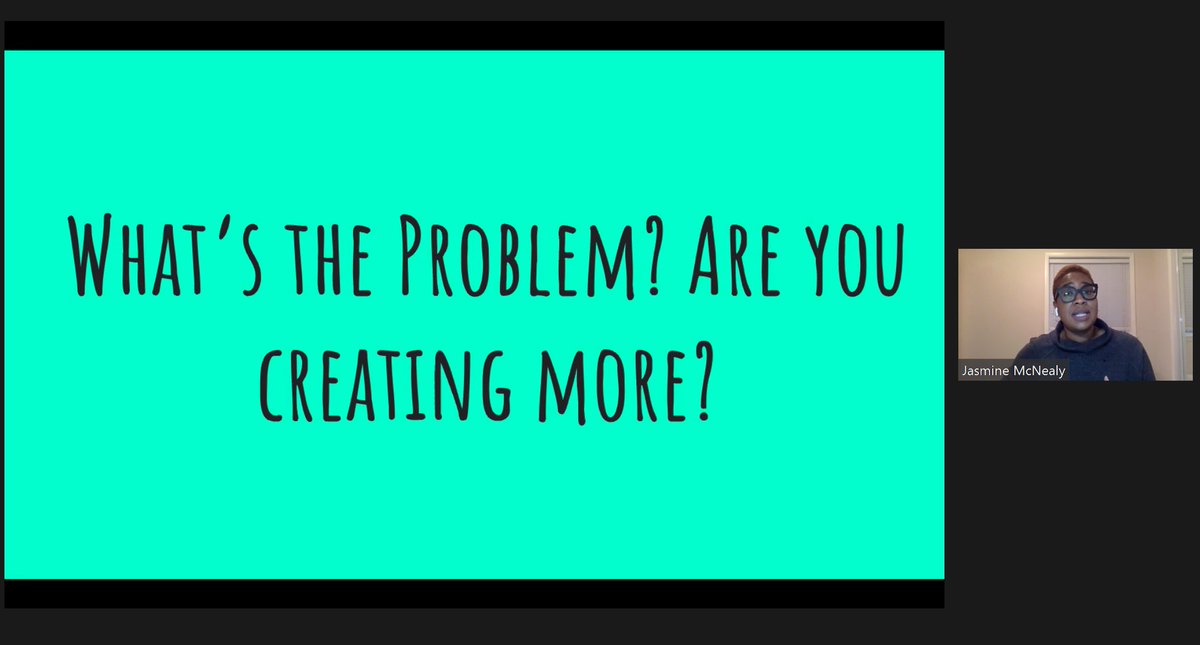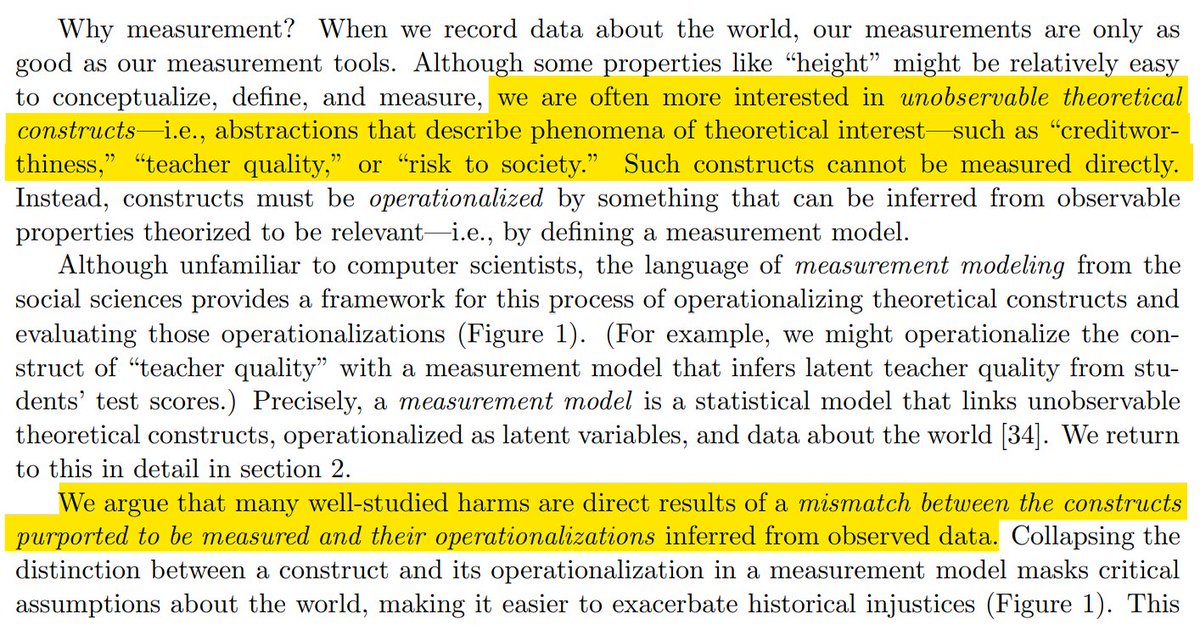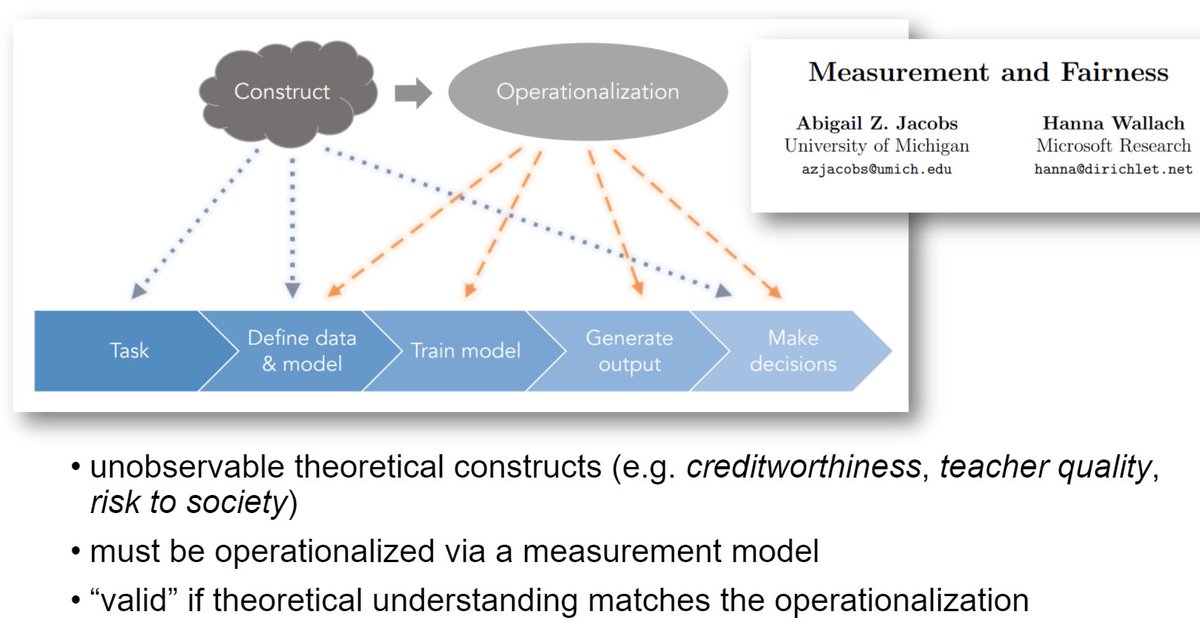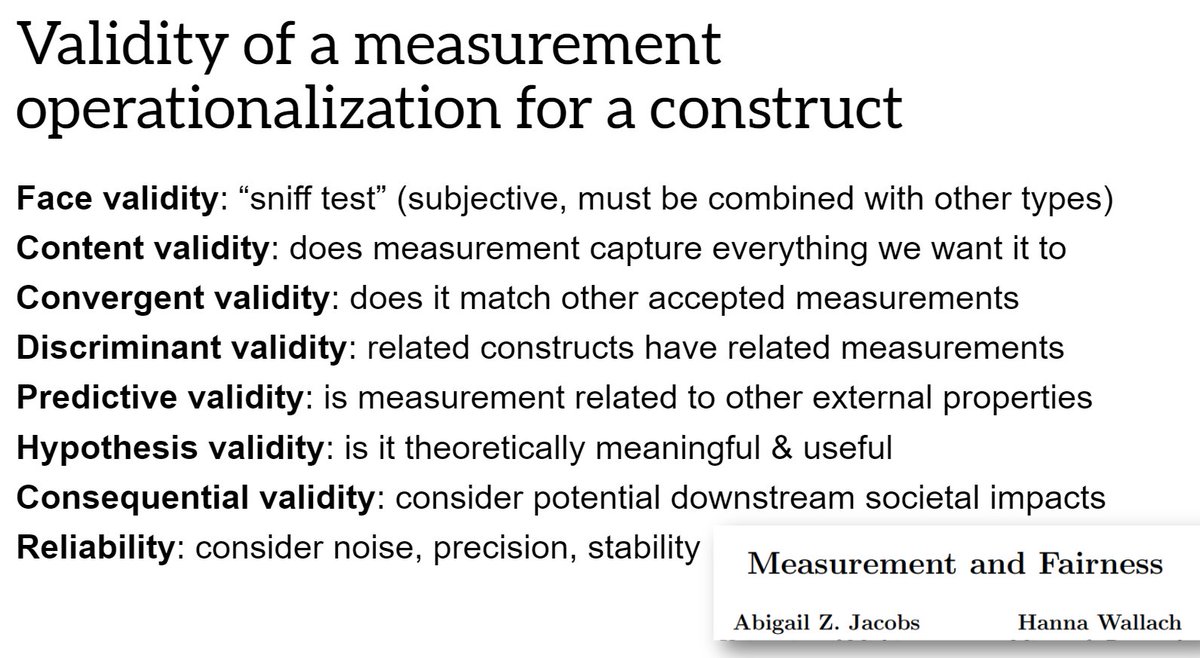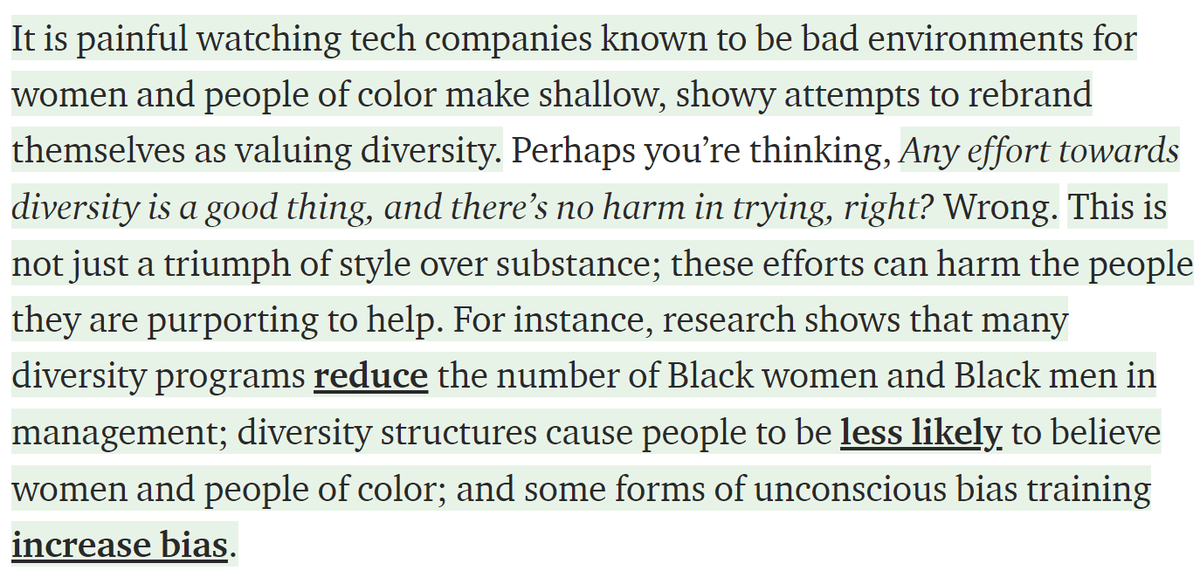
Calculating the souls of Black folk: predictive analytics in the child welfare system
powerful & informative talk by @UpFromTheCracks at @DataInstituteSF Center for Applied Data Ethics seminar series, video now online
powerful & informative talk by @UpFromTheCracks at @DataInstituteSF Center for Applied Data Ethics seminar series, video now online

If there was a material benefit from the family regulation system (child welfare system), middle class white people would be seeking it out for their kids.
The child welfare system is not biased, it is racist.
Racist in the Ruth Wilson Gilmore sense of the word: racism is a state-sanctioned and/or extralegal production & exploitation of group differentiated vulnerability to premature death.
Racist in the Ruth Wilson Gilmore sense of the word: racism is a state-sanctioned and/or extralegal production & exploitation of group differentiated vulnerability to premature death.
Recommended books:
Writings, Du Bois
In the Wake
Captivating Technology
Automating Inequality
Catching a Case
Killing the Black Body
The Protest Psychosis
Getting Wrecked
Shattered Bonds
A Cultural Interpretation of the Genocide Convention
The First Civil Right
Misdemeandorland
Writings, Du Bois
In the Wake
Captivating Technology
Automating Inequality
Catching a Case
Killing the Black Body
The Protest Psychosis
Getting Wrecked
Shattered Bonds
A Cultural Interpretation of the Genocide Convention
The First Civil Right
Misdemeandorland

• • •
Missing some Tweet in this thread? You can try to
force a refresh

